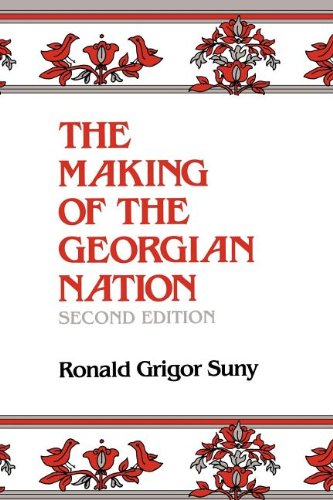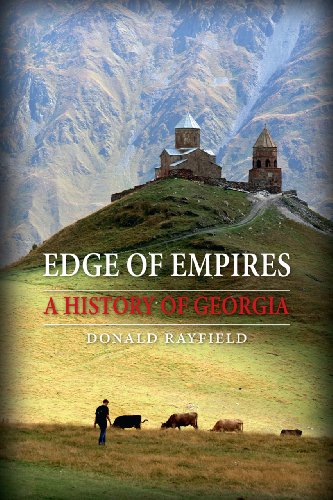
In this fascinating book, noted journalist Thomas de Waal–author of the highly acclaimed Black Garden–makes the case that while the Caucasus is often treated as a sub-plot in the history of Russia, or as a mere gateway to Asia, the five-day war in Georgia, which flared into a major international crisis in 2008, proves that this is still a combustible region, whose inner dynamics and history deserve a much more complex appreciation from the wider world 다운로드. In The Caucasus, de Waal provides this richer, deeper, and much-needed appreciation, one that reveals that the South Caucasus–Armenia, Azerbaijan, and Georgia, and their many smaller regions, enclaves, and breakaway entities–is a fascinating and distinct world unto itself acm 인증서 다운로드. Providing both historical background and an insightful analysis of the period after 1991, de Waal sheds light on how the region has been scarred by the tumultuous scramble for independence and the three major conflicts that broke out with the end of the Soviet Union–Nagorny Karabakh, Abkhazia, and South Ossetia 다운로드. The book examines the region as a major energy producer and exporter; offers a compelling account of the Rose Revolution in Georgia, the rise of Mikheil Saakashvili, and the August 2008 war; and considers the failure of the South Caucasus, thus far, to become a single viable region 힘을 내요 미스터 리 다운로드. In addition, the book features a dozen or so “boxes” which provide brief snapshots of such fascinating side topics as the Kurds, Turkish-Armenian rapprochement, the promotion of the region as the “Soviet Florida,” and the most famous of all Georgians, Stalin 다운로드. The Caucasus delivers a vibrantly written and timely account of this turbulent region, one that will prove indispensable for all concerned with world politics 무료 연하장 다운로드. It is, as well, a stimulating read for armchair travelers and for anyone curious about far-flung corners of the world.
De Waal, T 다운로드. (2010). The Caucasus: An Introduction. Oxford University Press.
See on books.google.com; Review (The Economist)
 Like the other republics floating free after the demise of the Soviet empire, the independent republic of Georgia is reinventing its past, recovering what had been forgotten or distorted during the long years of Russian and Soviet rule keynote 무료. Whether Georgia can successfully be transformed from a society rent by conflict into a pluralistic democratic nation will depend on Georgians rethinking their history 하모니 다운로드.
Like the other republics floating free after the demise of the Soviet empire, the independent republic of Georgia is reinventing its past, recovering what had been forgotten or distorted during the long years of Russian and Soviet rule keynote 무료. Whether Georgia can successfully be transformed from a society rent by conflict into a pluralistic democratic nation will depend on Georgians rethinking their history 하모니 다운로드.

 When most of Eastern Europe was struggling with dictatorships of one kind or another, the Democratic Republic of Georgia (1918-1921) established a constitution, a parliamentary system with national elections, an active opposition, and a free press
When most of Eastern Europe was struggling with dictatorships of one kind or another, the Democratic Republic of Georgia (1918-1921) established a constitution, a parliamentary system with national elections, an active opposition, and a free press  Located at the crossroads of Western Asia and Eastern Europe, Georgia is a country of rainforests and swamps, snow and glaciers, and semi-arid plains
Located at the crossroads of Western Asia and Eastern Europe, Georgia is a country of rainforests and swamps, snow and glaciers, and semi-arid plains